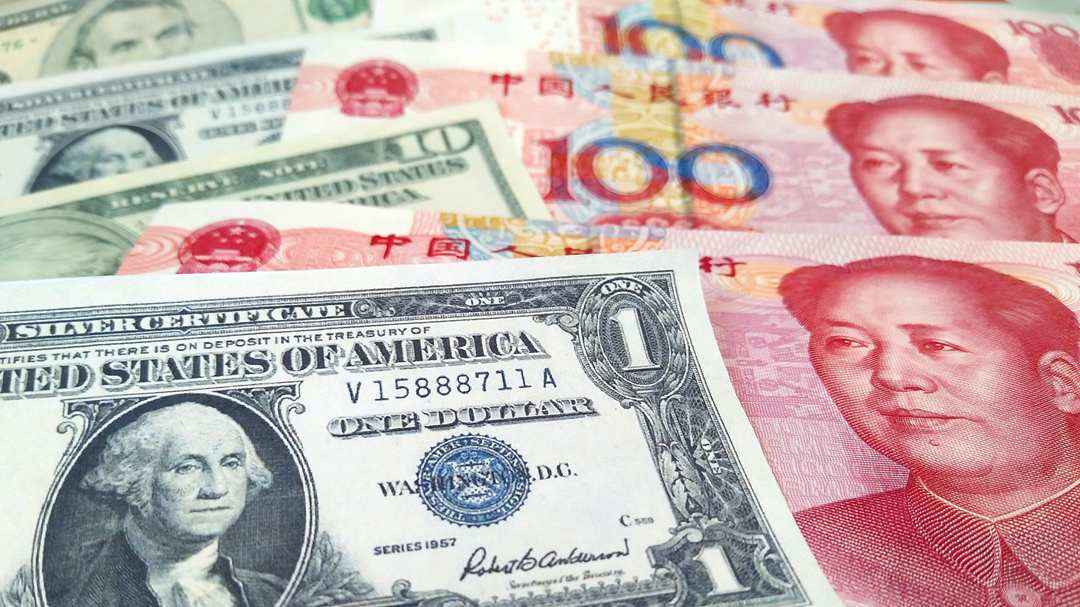
(File photo)
Foreign exchange reserves fell by $8.23 billion in August, according to official figures, a slight fall over previous months as a result of an appreciating US dollar, experts said.
Foreign exchange reserves fell 0.26 percent in August after a two-month gaining streak in June and July, according to a statement published by the State Administration of Foreign Exchange (SAFE) on Friday. Total reserves now stand at $3.10972 trillion, the lowest level since October 2017.
"The fall in reserves is due to a 0.6 percent appreciation of the US dollar," Guan Tao, a former senior SAFE official, told the Global Times on Sunday, adding that the numbers fell within a normal volatility range.
"Exchange rates naturally rise and fall - the figures don't warrant any need for central bank intervention," said Guan.
The value of China's 59.24 million ounces of gold bullion reserves also fell to $71.228 billion, due to the metal's depreciation.
Xu Hongcai, deputy chief economist at the China Center for International Economic Exchanges, agrees with the diagnosis, pointing out the strength of China's external trade in August backs up stable foreign exchange reserves.
"Around one-third of China's foreign exchange reserves are kept in euros, but the official figures are given in the equivalent in US dollars. As the euro has depreciated against the US dollar, the total foreign exchange reserves have gone down in value," Xu told the Global Times.
"In nominal terms, China's reserves must have actually increased at the end of August. Exports were strong and we had a current account surplus," said Xu, adding that China also recorded a surplus in its August capital account, without any large-scale capital outflows.
Another SAFE official told the Xinhua News Agency on Saturday that political and economical risks have been increasing around the world this year, with many emerging markets suffering economic damage amid increased market volatility. However, China's foreign exchange reserves have remained stable due to the nation's continued stable growth and the increased flexibility of the yuan's exchange rate.


